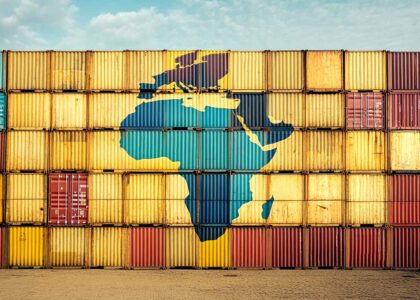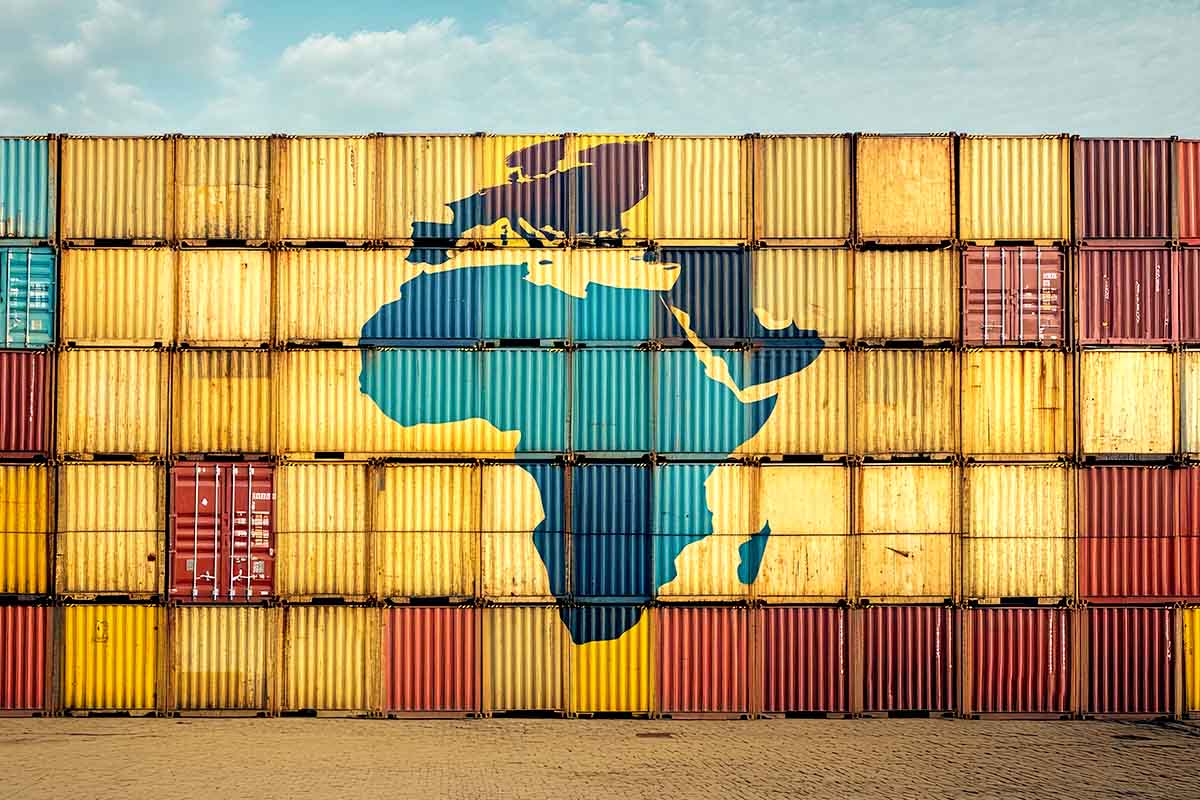Institutional Challenges in Africa
Diaspora entrepreneurship has awakened a new wave of development across Africa courtesy of citizens within the diaspora community acting as strategic partners in the formulation, adoption and implementation of multipronged policies capable of spearheading transformative social changes across the continent. The onus of social entrepreneurship driven by the diaspora community revolves around proffering solutions to societal issues through innovative and sustainable business models. As such, the proper documentation of best practices requires intense research of scalable models and in what context.
Ninon Duval, the head of French-based incubator; Bond’innov, recently described the African diaspora as a unique resource whose capabilities span beyond channeling financial flows back to Africa. Amidst the desire among many Africans to initiative transformative changes within their sphere of influence, diaspora enterprises in most cases, tend to contend with institutional weaknesses that seem to be peculiar to the business terrain across the continent. The writer in this first piece explores the intricacies of these anomalies and then provides recommendations to both government authorities and potential diaspora enterprises intending to harness opportunities for homeland development.
The first among the institutional weaknesses faced by diaspora-led initiatives has to do with poor information gathering. Good decision making is reliant on the possession of accurate market data and the ability to exploit up-to-date market information to avoid financial losses. Diaspora entrepreneurs tend to overestimate the relevance of their local social connections which often lead to levity in their assessment of market conditions. The foregoing analysis has been the undoing of some promising diaspora-led initiatives that could not survive the African business terrain. The Kenya Airways for instance, was privatized through KQ Holdings with the involvement of many diaspora investors. The company, however, began to experience a series of financial losses due to poor understanding of market dynamics and increased competition. The lack of proper market research and operational strategy made the company fall into insolvency in 2018 which then led to the intervention of the Kenyan government in 2018. Another similar case is the Akon Lighting Africa project led by Senegalese American artist, Akon. The ambitious goal of rural electrification through solar energy was bugged by poor information gathering on the logistics of local infrastructure and local consumer demand. Despite the relative success that was achieved through the project, its long-term sustainability was hampered by the underestimation of prevailing market conditions.
The lack of credibility is another institutional weakness that has negatively impacted on diaspora-led investments in Africa. This anomaly often stems from a myriad of factors which include mistrust in local partners, unstable regulatory environments, bureaucratic inefficiencies, the misrepresentation of investment opportunities among others. Diaspora investors often rely on local partners to oversee projects; a decision which is built on relationship and competence. While it works in some cases, a good many tend to go awry due to both parameters upon which the decision was made. In the case of the Ethiopian Diaspora Bond, the lack of credibility on the path of the government raised concerned among the Ethiopian diaspora community about the ability of the government to manage their funds transparently. The real estate sector in Nigeria is a niche that has attracted many Nigerians in the diaspora. However, there have been numerous cases where investors lost their investment because of fraudulent land sales or dishonest middlemen identified as agents. The lack of credible land registration systems across different States of the federation has also been one of the factors mitigating the willingness of the diaspora community to invest at home.
The third and perhaps most important institutional weakness is the lack of risk capital providers. Risk capital providers, such as venture capitalists, angel investors, and private equity firms are essential for funding early-stage businesses, innovation and high-risk ventures. Without them, diaspora investors face numerous challenges. Many diaspora investors are individuals or small groups who rely on personal savings, remittances, or informal networks to fund their investments. Without access to institutional risk capital, they are unable to finance high-risk, high-reward projects in key sectors such as real estate, manufacturing, agriculture and fintechs. Given the fragility of most African markets, diaspora-led investments require the presence of risk capital providers to absorb losses in high-risk markets. They also require strategic guidance and access to valuable networks that come with venture capital or angel investors.
As successful as the fintech sector has been in Nigeria, some diaspora-led startups in this space have struggled due to limited access to venture capital. Consequently, many of these startups find it difficult to compete with larger, well-funded fintech players. There are also similar cases of start-ups in Ghana and South Africa that received initial funding from family and friends only to be scuttled due to their inability to access risk capital.
In conclusion, while diaspora-led social entrepreneurship has proven to be a catalyst for social change in Africa, institutional weaknesses may continue to pervade the system should the government fail to make its full spectrum of relationships available to diaspora businesses. To harness the potential of diaspora entrepreneurship for homeland development, the onus is on the government to facilitate a conducive business environment through the requisite policy, regulatory and legislative reform. It is imperative that government authorities work with a diverse group of opinion leaders that will map out the identified challenges and proffer innovative avenues of navigating through them.




















fjp8ii
0v1mpg